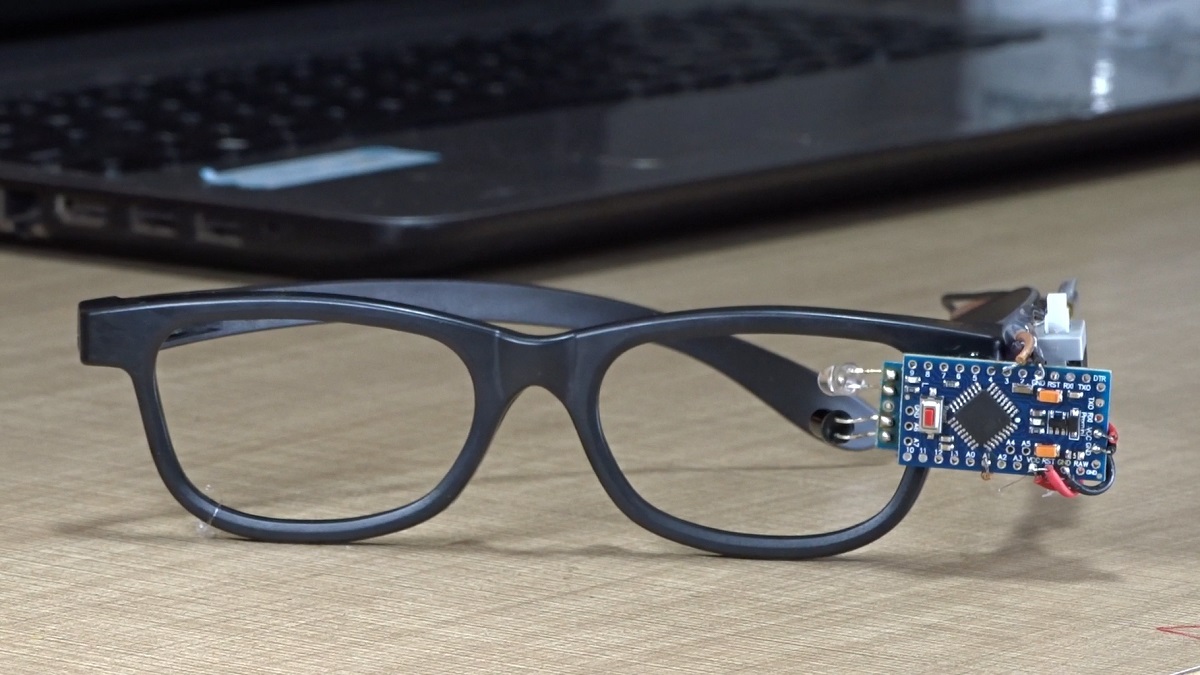Anti-sleep glasses for drivers: NASA Invited 13-year-old girl Bisma to USA
The National Aeronautics and Space Administration (NASA) has praised 13-year-old Bisma Salangi, a pupil at Karachi’s Evergreen Secondary School, for her outstanding achievements. When the general population learns about this, they all begin to search the internet for further information. Additionally, people are interested in learning more about Bisma Salangi because of how popular she is online. We have therefore included information about her as well as current viral headlines. To learn more, keep reading the article.

Anti-Sleep Glasses For Drivers
NASA has recognized 13-year-old Bisma Salangi of Karachi’s Evergreen Secondary School for her outstanding accomplishments. She developed a unique set of glasses that can aid in preventing drivers from nodding off behind the wheel. The purpose of these glasses is to encourage and lessen traffic accidents. Her creation won NASA over, and she was invited to their camp to hone her skills and produce even more incredible inventions. During an interview with a local news network, Bisma Salangi emphasized the capabilities of Pakistanis and the value of tenacity in achieving extraordinary things. Drivers and other road users are seriously endangered by drowsy driving both in Pakistan and around the world.
The World Health Organisation reports that accidents connected to exhaustion account for a sizable portion of traffic events. Drowsy drivers are less aware, have brief periods of involuntary sleep, have difficulty making decisions, and are more likely to drift or deviate from their lane. It is critical to spread knowledge of the dangers of sleepy driving, learn to spot the symptoms, prioritize getting enough rest, and promote the use of alternate modes of transportation. Innovative solutions to this problem are developed in large part by inventors like Bisma Salangi. Their creations could potentially save a great number of lives on the road.
Pakistanis, according to Bisma Salangi, have tremendous talent and promise, but this talent and potential are frequently underappreciated on a worldwide scale. Salangi went on to say that Pakistanis must have confidence in their own abilities and selves since doing so can result in remarkable accomplishments. She emphasized the numerous areas in which Pakistanis have succeeded, including science, technology, the arts, and sports, demonstrating their capacity to compete on a global scale. In order for Pakistanis to be able to make important contributions to the globe, Salangi further emphasized the significance of providing opportunities and resources to foster and exploit this potential. In order for the world to fully recognize the extraordinary contributions Pakistanis have to offer, she also emphasized the need for more venues and chances to showcase their ability.






